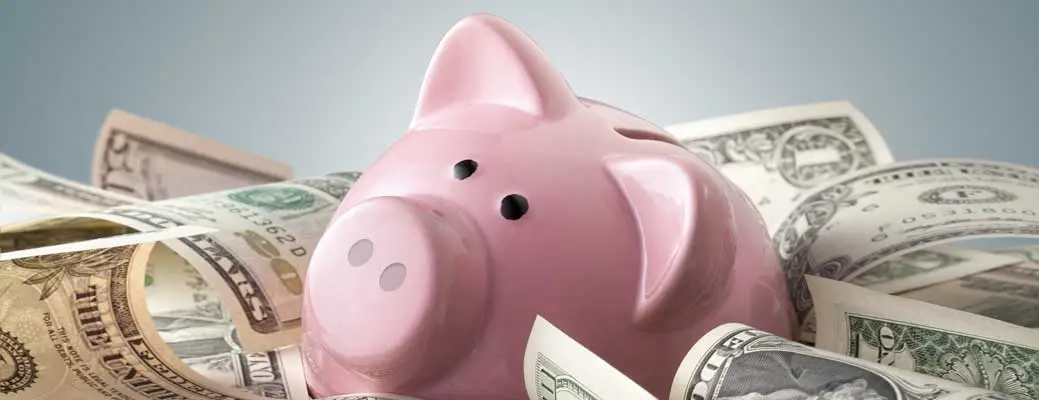5 of the Best Places to Save Money and Earn Interest


Despite what some think, saving money under your mattress isn’t the best option for you. — Earning a return on your money is an important part of growing your savings and preparing for the future.
If you want to know the best place to save your money and earn interest, then you’ve come to the right place. How much you can save is usually determined on a number of factors, including how much risk you’re ready to tolerate and your willingness to lock in funds for a pre-determined period of time. But opting to put at least some of your funds into one of these five higher-interest savings vehicles may provide better returns than a savings account.
Here are some high interest savings vehicles to consider, whether you’re exploring your saving options or just trying to figure out the best place to put your money.
Like savings accounts, deposits into high-yield bank accounts offer FDIC protection to ensure you’ll always be able to get your money. But high-yield bank accounts go further than some saving options by offering higher interest rates. (All of the financial institutions included in NerdWallet’s Best High Yield Online Savings Accounts pay substantially more than a traditional savings account, in some cases as much as 4 or 5 percent more.)
Keep in mind that higher interest rates do come with some strings, including higher initial deposits. Additionally, options like ATM networks and mobile apps are often limited.
Another great option for risk-averse savers is U.S. government savings bonds, the ultimate low-risk investment. Bond certificates, which can be purchased in denominations ranging from $25 to $10,000, are similar to an IOU. Governments “borrow” the money to fund projects and it’s repaid, with interest, when the bond matures. As of mid-2024, the interest rate on Series I savings bonds is more than 4 percent. Remember that penalties are levied for early withdrawal.
Most banks and credit unions offer these FDIC-insured savings vehicles, but their higher interest rates come at a cost: You’ll need to lock into the deposit for a specific time period. Standard periods for Certificates of Deposit, or CDs, to mature are six months, one year and five years. CDs with longer maturity rates have higher interest rates. Once again, penalties are levied if you withdraw savings before the CD matures.
These mutual fund investments are made in short-term, low-risk securities. With money market funds, interest rates aren’t guaranteed, and investments are not FDIC-insured, so it’s important to choose funds carefully. Money market funds can be purchased through brokerage firms and banks. The “no load” investments don’t charge fees for buying or selling funds, and they can include U.S. Treasury securities such as Treasury bills and CDs.
Treasury bills, or T-bills, are short-term investments backed by the U.S. Treasury Department. You can purchase them in denominations ranging from $1,000 to $5 million. Interest is paid when T-bills mature, and the maturities range from a few days to a maximum of 12 months. Interest income is exempt from state and local taxes but is subject to federal income tax.
Before depositing money into a standard bank account, consider whether opting for a different type of savings vehicle is better suited to your needs — and may net you a higher rate of return than a low-interest savings account. Talk to your Farm Bureau agent to see how they can help you save while protecting your future.